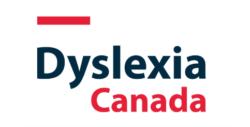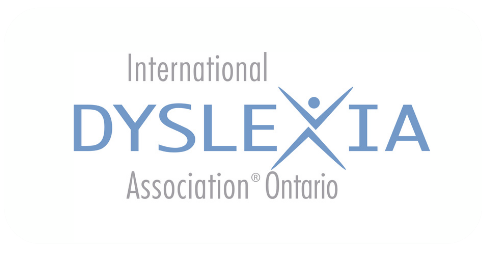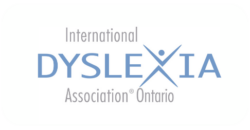This structured journal template, based on the work of David Liben and Meredith Liben, can be used to introduce students to the use of structured journals in their close reading of texts. While this work can be started orally with younger students, this template will […]
Vocabulary knowledge must be intentionally nurtured to ensure that students are ready for the greater vocabulary demands of reading complex texts and writing multi-paragraph essays, but we need to pay attention to cracks in the foundation and scaffold our lessons accordingly, or it all falls […]
Thank you to Greater Essex County DSB for generously sharing this spreadsheet! It contains sets of texts aligned with content from the 4 frames (kindergarten), social studies and science curricula (grades 1 – 6), and history and geography curricula (grades 7 and 8). These […]
Watching this webinar from PaTTAN, you will learn why summarizing has been identified through research as highly effective for developing comprehension and writing. It defines a quality summary and how it differs from retelling or paraphrasing. Practical suggestions for explicitly teaching summary writing based on […]
When it comes to choosing texts for the classroom, educators have a lot of questions. Should we be looking at levels, lexiles or other readability criteria? Do we limit kids to “just-right” books? How can we scaffold instruction to help struggling readers access age- and […]
Kate chats with Clara Fiorentini this week. Tune in to explore novels in the classroom: how class novel studies fit into structured literacy, how complex text can be scaffolded, using “read-alikes” to choose texts, and avoiding the perils of “extractitis” – don’t miss this thoughtful […]
This week Kate talks to Kristin Conradi Smith, Tammy Williams, and Ellen Frackelton about research-based comprehension strategies for the classroom, including considerations for text selection and preparation, common pitfalls to avoid and “use it tomorrow” ideas. Bottom line: no more strategy of the week!
In this article, the authors present some considerations for abandoning decontextualized strategy instruction and instead provide some ideas for how to shape comprehension instruction around the texts we use in the classroom. They offer some guiding theories, some key considerations, and they present examples for […]
Fostering partnerships between school and home is key to supporting strong student outcomes. Jenni vanRees and other educators at Blue Heron Public School (WRDSB) have created this collection of materials to support a home reading program aligned with structured literacy and the science of reading. […]
In this well-organized book, the authors walk readers through six shifts that teachers of Grades 3-5 should consider when bringing reading science into the classroom: Reconsidering How Knowledge Impacts Comprehension, Rethinking the Role of Strategy Instruction in Learning to Comprehend, Recommitting to Vocabulary Instruction, Reclaiming […]
This title is a must-read for any educators working with multilingual learners (MLLs) of all ages, referred to in the book as English Learners (ELs). It affirms the necessity of a structured literacy approach for these students, while adding in the extra layers of support […]
This resource has been compiled by a group of Canadian language and literacy experts. It is organized into three primary segments. First, it highlights the essential information educators should possess about various research types, enabling them to stay well-informed and knowledgeable about the connection between […]




